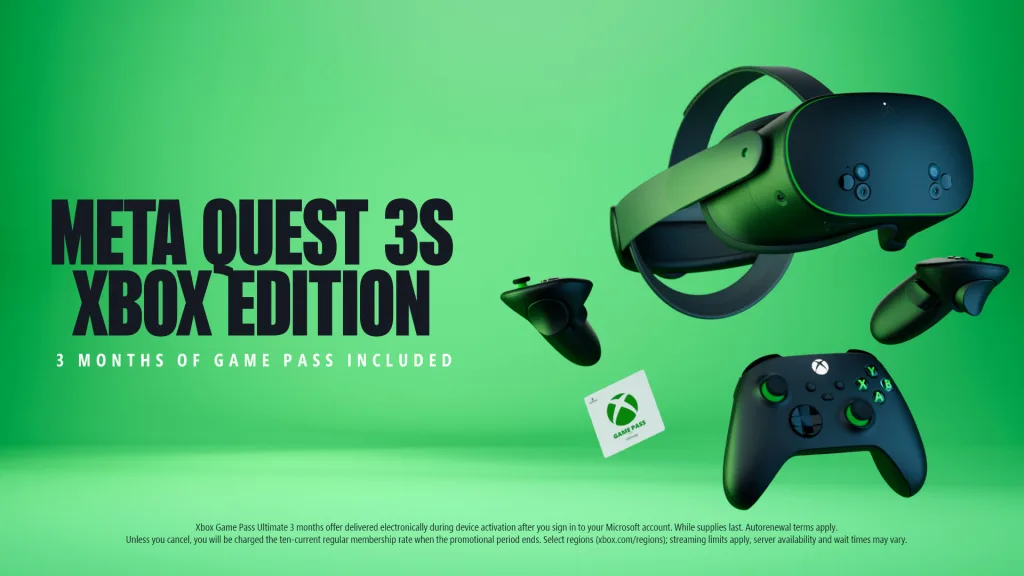In a week already brimming with gaming news, Xbox has dropped two announcements that signal its evolving strategy in both digital storefronts and immersive gaming. Whether you’re a preservationist watching the digital tide with cautious optimism or a tech enthusiast eager for the next frontier, there’s something here worth unpacking.
A New Era for Xbox on PC?
Xbox has quietly begun testing a dedicated PC store experience, a move that could reshape how players interact with the Xbox ecosystem outside of consoles. While details remain sparse, early testers report a streamlined interface, faster downloads, and a more curated approach to game discovery. This isn’t just a UI refresh—it’s a signal that Microsoft is taking the PC storefront war seriously, potentially positioning itself as a more direct competitor to Steam and Epic Games.
For those of us who’ve watched the slow erosion of physical media, this raises important questions. Will this new store offer better ownership models? Will it respect the archival needs of players who want to preserve their libraries long-term? If Xbox can strike a balance between convenience and consumer respect, it could set a new standard for digital storefronts.
The Meta Quest 3S Xbox Edition: A Collector’s Delight or Cloud Gaming Trojan Horse?

Meanwhile, in a more visually striking reveal, Xbox and Meta have teamed up to launch the Meta Quest 3S Xbox Edition—a limited-edition VR headset that blends Xbox’s iconic black-and-green aesthetic with Meta’s latest mixed reality tech.
At $399.99 USD, the bundle includes:
- A custom 128GB Meta Quest 3S in Carbon Black with Velocity Green accents
- Matching Touch Plus controllers
- A limited-edition Xbox Wireless Controller
- Meta Quest Elite Strap
- 3 months of Meta Horizon+
- 3 months of Xbox Game Pass Ultimate
While the hardware itself mirrors the standard Quest 3S, the real draw is its seamless integration with Xbox Cloud Gaming. Players can stream titles like Avowed or Oblivion Remastered on a massive virtual screen, with cross-progression ensuring your saves follow you across devices.
But let’s be clear: this isn’t a VR headset for Xbox console gaming. It’s a cloud-first device, and that distinction matters. For collectors, the limited-edition design is undeniably slick. For skeptics, it’s another step toward a future where physical ownership is replaced by streaming licenses and subscription cycles.
These two announcements—one about infrastructure, the other about hardware—paint a picture of Xbox’s ambitions. They’re not just building a console brand anymore; they’re building a platform that spans screens, devices, and realities. Whether that future respects the legacy of physical media or accelerates its obsolescence remains to be seen.
But one thing’s for sure: Xbox is playing the long game. And for those of us who care about how games are played, preserved, and passed down, it’s a game worth watching.
